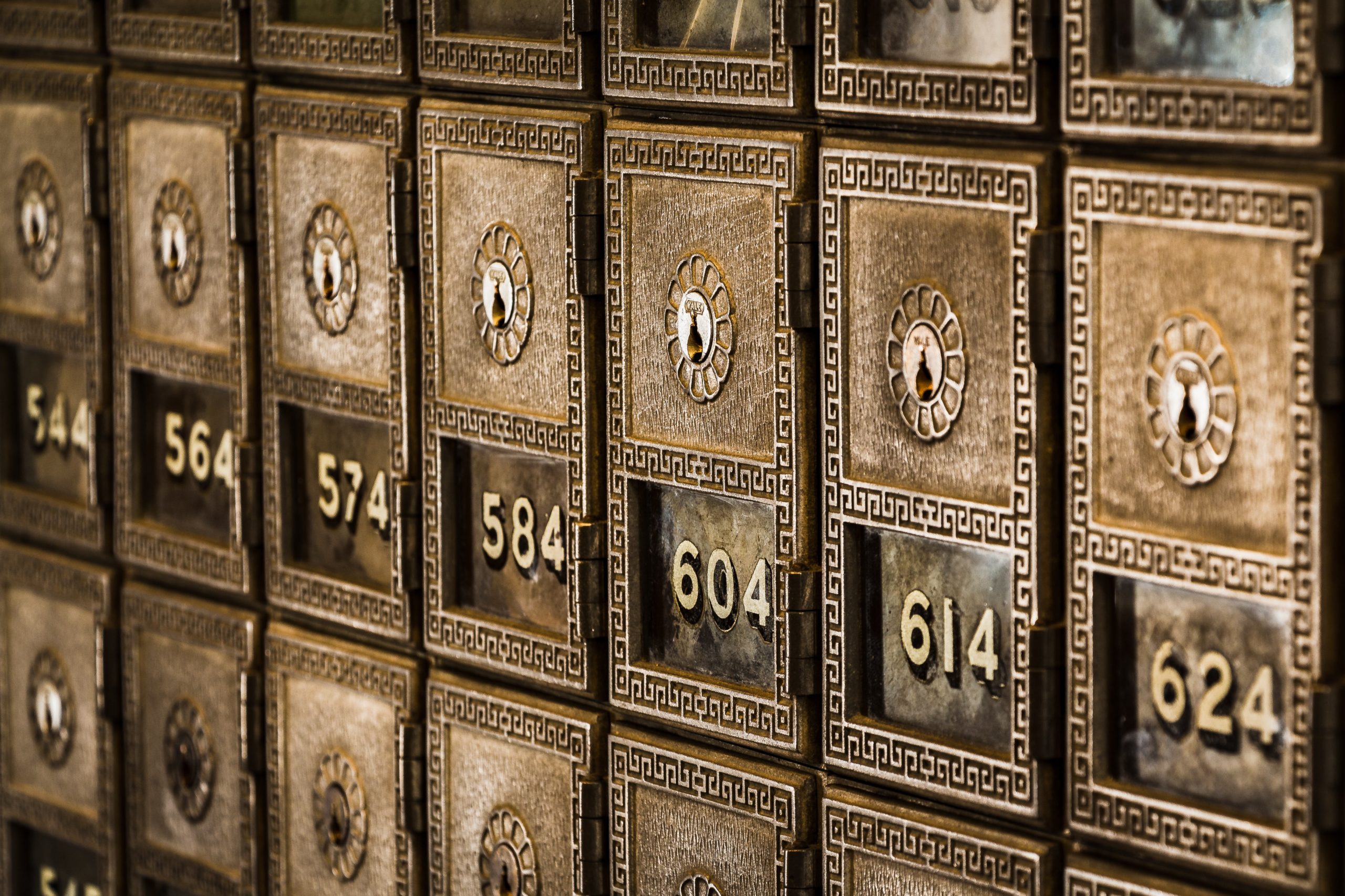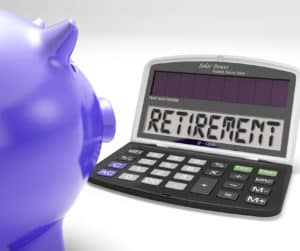A safe deposit box isn’t a smart choice for everything. Kiplinger’s recent article entitled “9 Things You’ll Regret Keeping in a Safe Deposit Box” advises that there are some items you might not want to lock up in your bank, which isn’t open nights, holidays, or weekends. zin this pandemic, hours of operation for many businesses are reduced. In fact, some financial institutions, like Bank of America, have temporarily closed some locations. There are other banks that require an appointment for in-branch services, like accessing your safe deposit box. This would create a headache for you in your attempt to retrieve important documents or items when you need them.
Here are some important items you should store elsewhere, because you’ll need to access more often or on short notice. Maybe they should be in a fireproof safe that’s secured to the floor in your home.
Cash. Keeping a wad of cash in a safe deposit box, isn’t a good idea because if you need it in a pinch and the bank is closed, you’re out of luck. In addition, that cash will lose its buying power over time because of inflation and some banks don’t allow cash in a safe deposit box. Finally, cash in a safe deposit box isn’t protected by the FDIC. To have FDIC insurance (covering up to $250,000 per depositor per insured bank), your cash needs to be deposited in a qualifying deposit account, such as a checking account, savings account, or CD.
Your Passport. OK, most of us don’t need your passport in hand at a moment’s notice. However, you may need to take an emergency trip, which will happen during non-banking hours. Without your passport handy, there’s not much you can do about those calls in the middle of the night requiring you to dash.
The Original Copy of Your Will. You may want to keep a copy of your own will, your spouse’s and any in which you’re named the executor in a safe deposit box. However, don’t store the original copy of your will there, particularly if you’re the only owner of the safe deposit box. That’s because after your death, the bank will seal the safe deposit box, until your executor can prove she has the legal right to access it. This could mean a long and potentially expensive delay before your will is executed and your assets can be disbursed to the intended heirs. Keep the original copy of your will with your estate planning attorney or in a location where your executor can get to it without any legal hassles.
Letters of Instruction. Many people write a letter of instruction to accompany their will. This letter can describe whether you want to be buried or cremated and the type of service you want. This letter can include details on specific bequests of sentimental items, but it’s no help if its’ locked in your safe deposit box.
Durable Power of Attorney (POA). This document gives a trusted friend, family member, or professional adviser the authority to financial make decisions on your behalf. However, if your POA is in a safe deposit box that no one can access, the person you’re depending on to protect you at your time of need could find her hands tied. Keep the original POA with the original copy of your will and give copies to those who may need it one day.
Advance Directives. A living will and a health care proxy are sometimes collectively known as advance directives, but each has a unique purpose. A living will states your wishes for end-of-life care, and a health care proxy (also known as a health care power of attorney) names a person to make medical decisions for you, if you can’t make them yourself. Neither is any good locked away in an inaccessible safe deposit box.
Uninsured Jewelry and Collectibles. Heirloom jewelry and your valuable stamp collection and rare coins are good candidates for a safe deposit box, but they must be properly insured. The FDIC doesn’t insure safe deposit box contents, and neither does the bank, unless it’s stated in your agreement.
Any Illegal or Dangerous Items. Your bank should provide you with a list of items that are not permissible to keep in a safe deposit box. This will include things like firearms, illegal drugs and hazardous materials.
Reference: Kiplinger (June 1, 2020) “9 Things You’ll Regret Keeping in a Safe Deposit Box”



